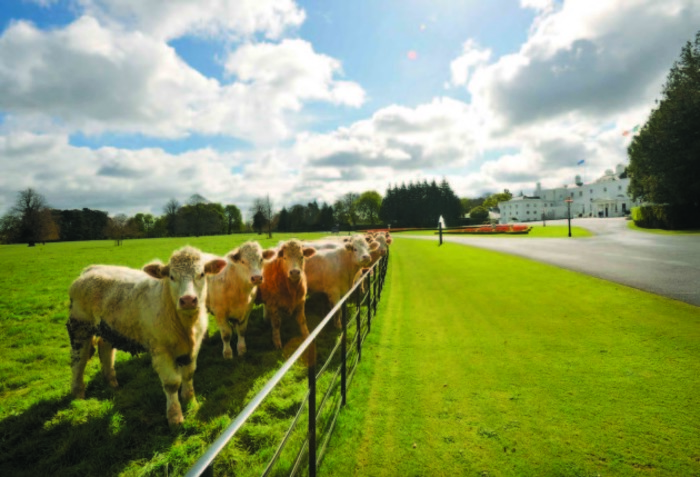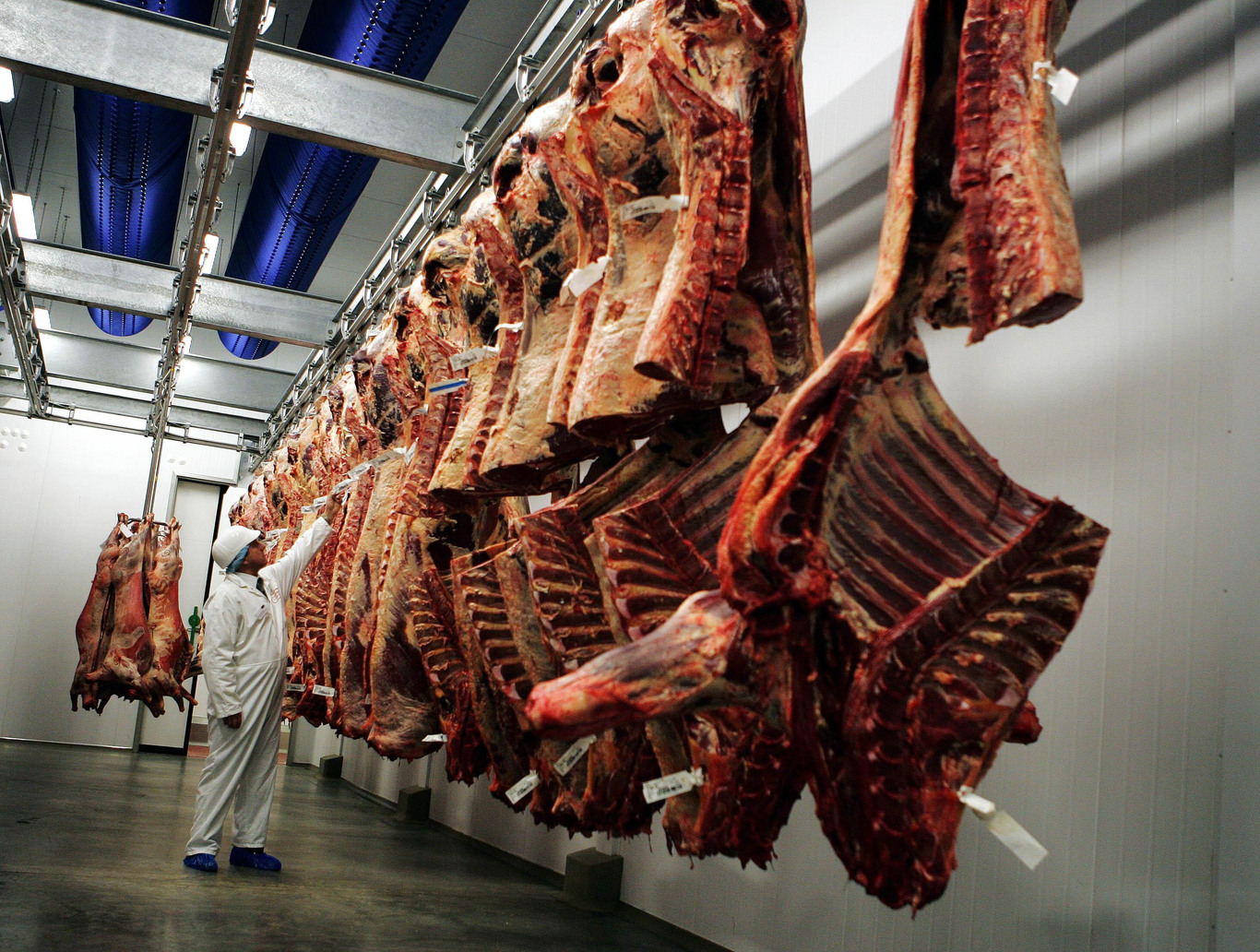Two major Irish meat processors are joining forces - but farmers aren't happy
Waterford’s Dawn Meats has announced a partnership with Northern Irish firm Dunbia.
IRISH MEAT PROCESSOR Dawn Meats will acquire the operations of rival Dunbia in the Republic as part of a tie-up with the UK firm.
The Waterford-based firm has agreed a joint venture with the Northern Ireland-founded Dunbia to bring together both the firms’ UK operations.
However farmers have already voiced their opposition to the deal, which would lead to further consolidation in the Irish meat industry after another tie-up involving Larry Goodman’s ABP Food Group earlier this year.
If approved by the relevant competition authorities, the deal will give Dawn Meats a bigger foothold in the Irish market with a total of nine facilities.
This would include five abattoirs following the addition of Dunbia facilities in Slane, Co Meath, and would see one boning hall, currently operated by the UK firm in Kilbeggan, Co Westmeath, fall under its control.
As part of the deal, the new joint UK businesses will trade under the Dunbia brand and offer regionally sourced beef and lamb from 15 facilities spread across Scotland, England, Wales and Northern Ireland.
Jim Dobson, chief executive of Dunbia, will lead the new joint venture from Dunbia’s existing headquarters in Dungannon, Northern Ireland, while Dawn Meats boss Niall Browne will assume the role of executive chairman.
Browne said the move was partially influenced by Brexit and the partnership will hopefully allow both firms to remain competitive in the food market.

Meanwhile, Dobson said the deal will help “confirm our future as a leading supplier in the UK market”.
Between the two businesses, Dawn Meats and Dunbia process roughly 900,000 cattle and 2.6 million sheep each year.
Bad deal
Earlier this year, Irish Cattle & Sheep Farmers’ Association beef chairman Edmond Phelan said Dawn Meats’ proposed takeover of Dunbia would be a major blow to competitiveness in the meat processing sector.
“Beef farmers struggle to get a fair price as it is and most farmers would associate the difficulties in getting better prices with the dominance of the ABP, Dawn Meats and Kepak groups,” he said.
“This takeover would further consolidate the cattle trade in a small circle which leaves the farmer in an extremely vulnerable position.”
He said Dunbia is an important alternative to the big three processors in Ireland – ABP Food Group, Dawn Meats and Kepak – and farmers feel the cattle trade is already operated like a “cartel”.
Last year, Larry Goodman’s ABP Food Group was given the all-clear from the European Commission to buy half of competitor Slaney Foods.
The ABP-Slaney deal was also condemned by Irish Farmers Association president Joe Healy, who accused the Irish Competition and Consumer Protection Commission of turning “a blind eye” by not investigating the merger itself.
He added that the European competition watchdog’s ruling that farmers could switch slaughterhouses to get better prices was at odds with the beef trade in Ireland.
Phelan said that since the ABP-Slaney deal, farmers have little faith in competition authorities to ensure fair play for farmers.
 Larry Goodman
Larry Goodman
Scale
Dawn Meats, which was established in the 1980s, currently exports into 48 countries worldwide, has revenues of over €1.2 billion annually and employs 3,300 staff in eight countries.
It also has a 49% stake in French-firm Elivia, which is the second biggest meat processor in the French market and handles approximately 500,000 cattle annually.
Dunbia processes beef and lamb across nine sites in the UK and Ireland and employs roughly 4,000 people.
It is one of Northern Ireland’s largest privately-owned firms and exports to 36 countries with a turnover of £800 million.





